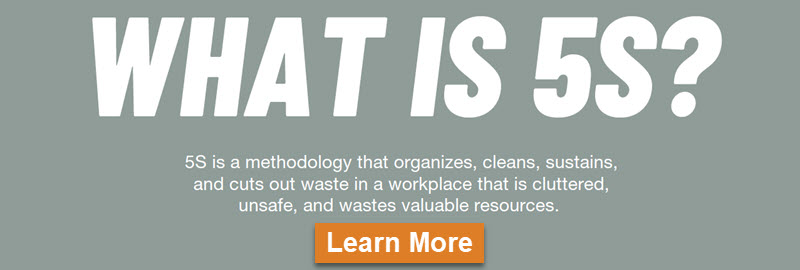
Utah State Sign Regulations
Our Utah State-Specific Signs Compliance – Resource Bulletin will help you understand a variety of signage rules, regulations and requirements enacted in the state. Topics include:
- No smoking signs
- Swimming pool signs
- Concealed weapon signs
- Cell phone signs
- Baby surrender signs
Use the Download button to open this bulletin as a pdf file.
Bulletin Overview
No Smoking Signs
The State of Utah prohibits smoking in all enclosed public places, including bars and restaurants. Exemptions to the statewide ban are granted to designated hotel/motel rooms, designated rooms in nursing homes, and Native American religious and cultural ceremonies. The Utah Indoor Clean Air Act became law on 1/1/2007. The law is administered by the Utah Department of Health. (R392-510-5)
Swimming Pool Signs
Rule R392-302 of the Utah Administrative Code stipulates the rules governing the use of public swimming pools and spas and requires the posting of signs at public swimming pools and spas.
Concealed Weapon Signs
Utah allows residents of the state to carry a concealed firearm (CCW) provided they have been issued a permit granted by Utah Bureau of Criminal Identification. Among the requirements for issuing a permit are; an applicant must be at least 21 years old, free from a conviction of a felony, has not been convicted of an offense involving the use of alcohol or a controlled substance, has passed a criminal background check, and has not been deemed mentally incompetent. There are certain places such as, courtrooms, federal buildings, secured areas of airports, houses of worship, etc. where CCW is forbidden even with a permit. Utah honors the CCW permits of all other states. (53-5-704)
Cell Phone Signs
The State of Utah bans the use of hand-held wireless communication devices by all drivers of motorized vehicles except as provided in the statute. The law, 41-6a-1716, became effective on 5/13/2014.
Baby Surrender Signs
Since the first baby surrender (safe-haven) law was enacted in Texas in 1999, all U.S. states, as well as the District of Columbia, have passed safe-haven legislation. The laws allow an unharmed infant to be relinquished to the proper authorities.


